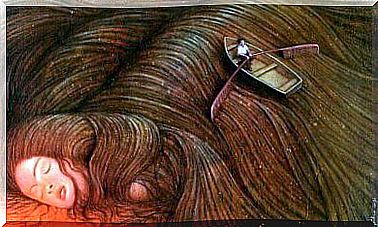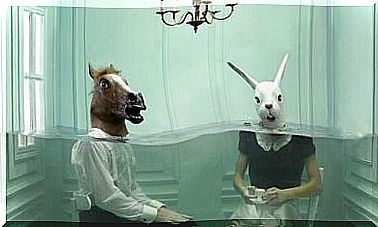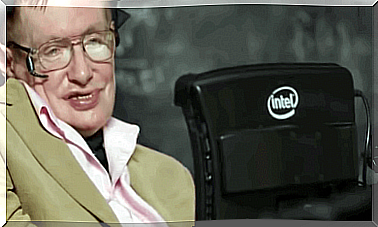Anxiety And Its Questions

Anxiety is a state that arises from the interpretation that there is a danger or threat around us and that we must flee from it or face it if we are to survive.
Anxiety is classified as a negative state that we shouldn’t feel because the physiological symptoms are very unpleasant and restrict our freedom. But in fact, well-managed anxiety is a healthy, adaptive emotion that we would not have survived without.
Today, many people around the world suffer from anxiety and it manifests itself in many ways, but they all have in common the fact that the person who is anxious interprets reality as very threatening, as terrible or as a catastrophe.
Negative thoughts that generate anxiety usually take the form of questions. These questions are intended to confirm our own beliefs, whether they are the need for approval, perfection, security, etc.
In this sense, emotion has the function of helping us to reach our goals, which, in the case of anxiety, are fight or flight, and this happens through a behavior. But when we are anxious at a very high level, we find that emotion doesn’t help us, but it impedes the achievement of goals and puts obstacles in all of our goals.
The key to preventing this from happening is to change our interpretations while modifying the way we behave. For this, we must be able to detect our beliefs, question them, discuss them and replace them with more real ones.
The Anxiety Questions
We’ve already mentioned that anxiety often communicates with us by asking questions that put us on alert and activate us on a physiological level. These can be negative questions with which we filter reality so that we see a small possibility of danger as very likely.
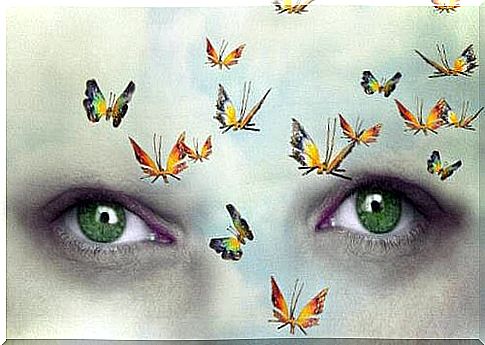
Generalized Anxiety: What if…?
Anxiety usually asks for a small possibility, but in the case of generalized anxiety, the possibility of danger extends to many situations of daily life, which makes the daily life of the anxious person very difficult.
The “What ifs”? they extend to all situations (relating to children, the couple, environmental circumstances, work, etc.), which “forces” people to be alert for a long time and in many situations, without physical and mental rest.
Panic Disorder: What If I Have a Stroke? What if I go crazy? Will I look ridiculous?
In this case, people feel anxious because of their own anxiety symptoms. It is like the child who is afraid of his own shadow, and the more he runs, the more he chases him.
The questions are about the catastrophic consequences of the physiological manifestations of anxiety, which can resemble certain illnesses and even make us think we are going crazy or are going to die. Some people fear falling into the street, fainting and being embarrassed, so they avoid leaving the house, thus consolidating agoraphobia.
Hypochondria: What if I am diagnosed with a serious illness?
In the case of hypochondria, anxiety scares us by asking about the possibility of getting sick and even dying. To try to alleviate this fear, we have two opposite behaviors: we over-check our health status or we avoid seeing a doctor. That way, even if we are sick, we get rid of worry.
Social Phobia: What if I do something ridiculous? What if they notice I’m shy?
In social phobia, our “inner devil” constantly asks us what will happen if we do something ridiculous, if we have nothing to say, if we “put our feet in our hands” or what others might think of us.
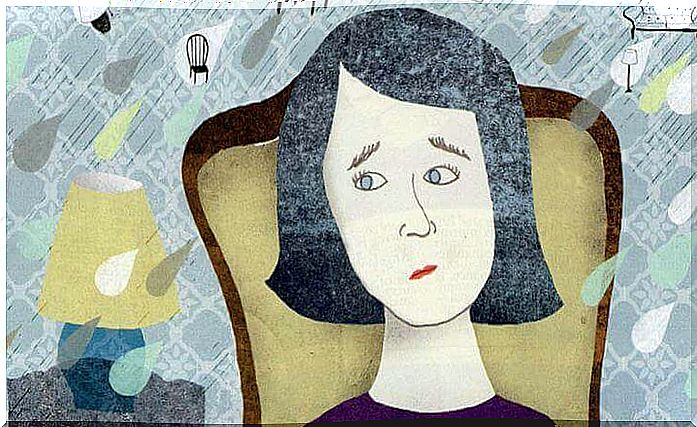
This barrage of questions frightens us, we turn red with embarrassment, we sweat, we stutter and we are worried that people will notice our discomfort, because it makes us feel even more “fragile”. Finally, we end up running away from these “dangerous situations” for ourselves, confirming to ourselves that we have no choice.
Anxiety is an inner devil
As we’ve seen, anxiety is an inner devil that loves to keep us alert, to make us sweat, shiver, get hot or freeze. This little devil has fun asking negative questions or telling us that everything is dangerous and that we need to get away.
Challenge this little devil, don’t trust him or believe him, he’s such a liar. But even if it makes you feel bad, uncomfortable, or scared, remember that it’s an unrealistic interpretation and that anxiety symptoms are the product of an emotion that, deep down, just wants to help us.

